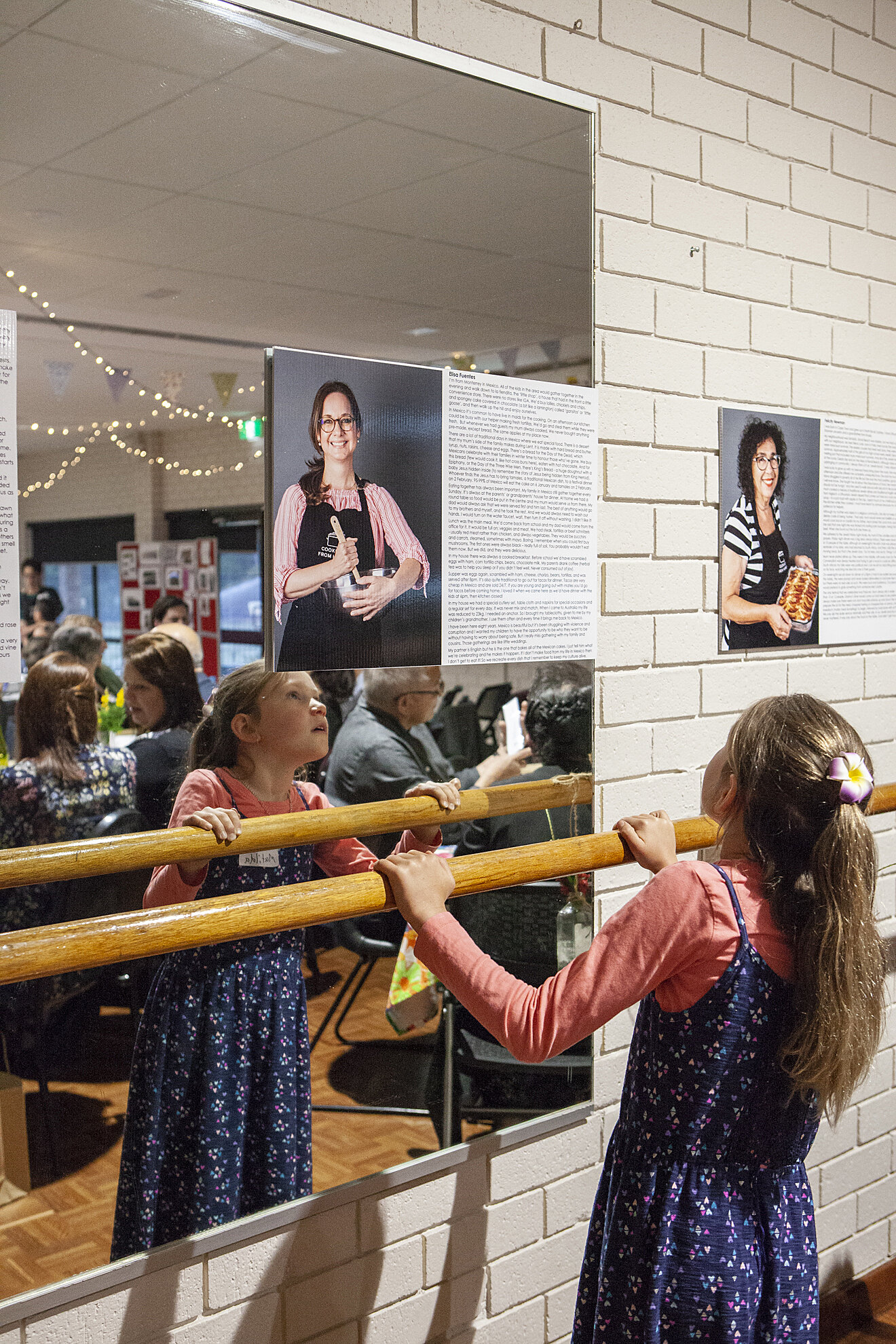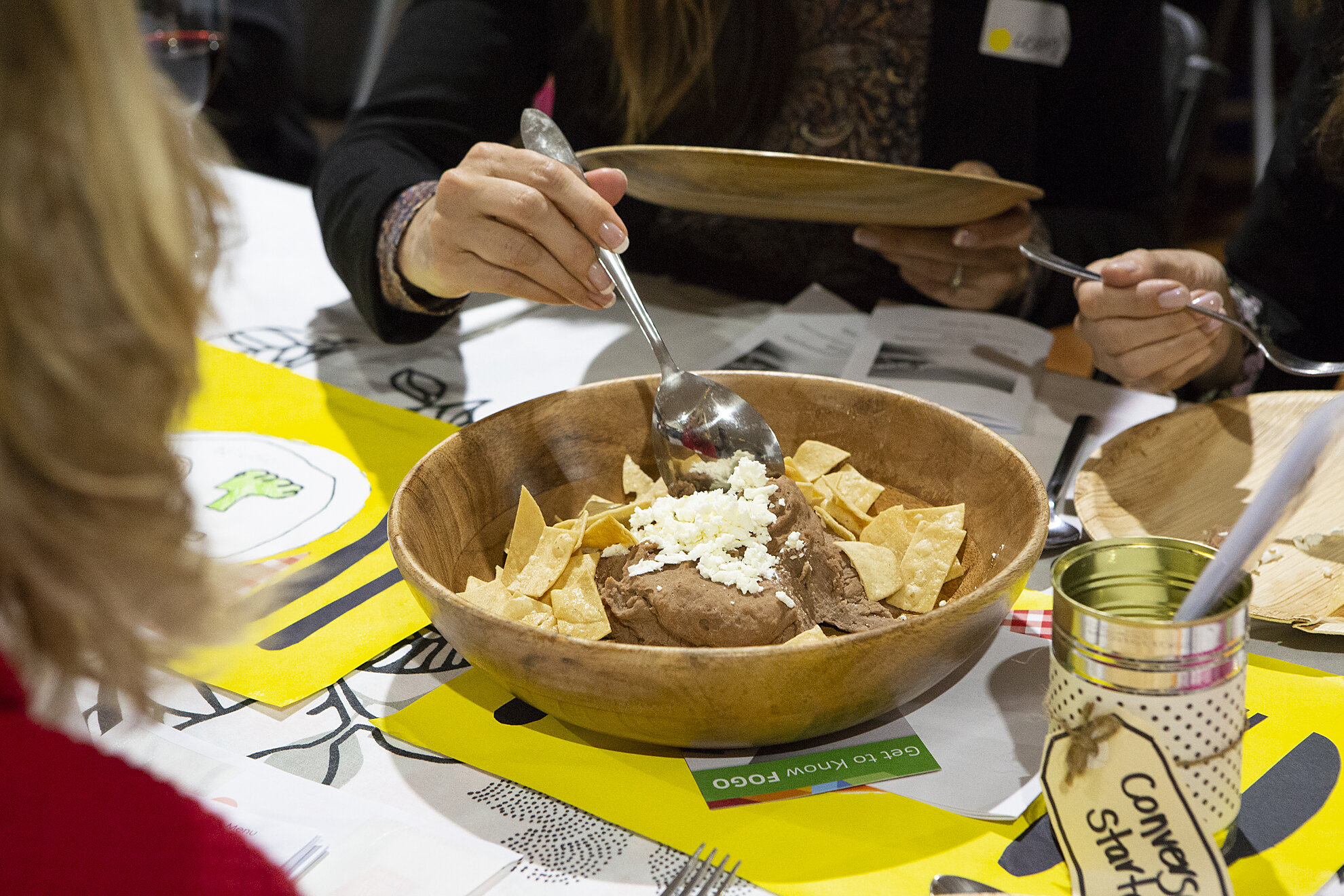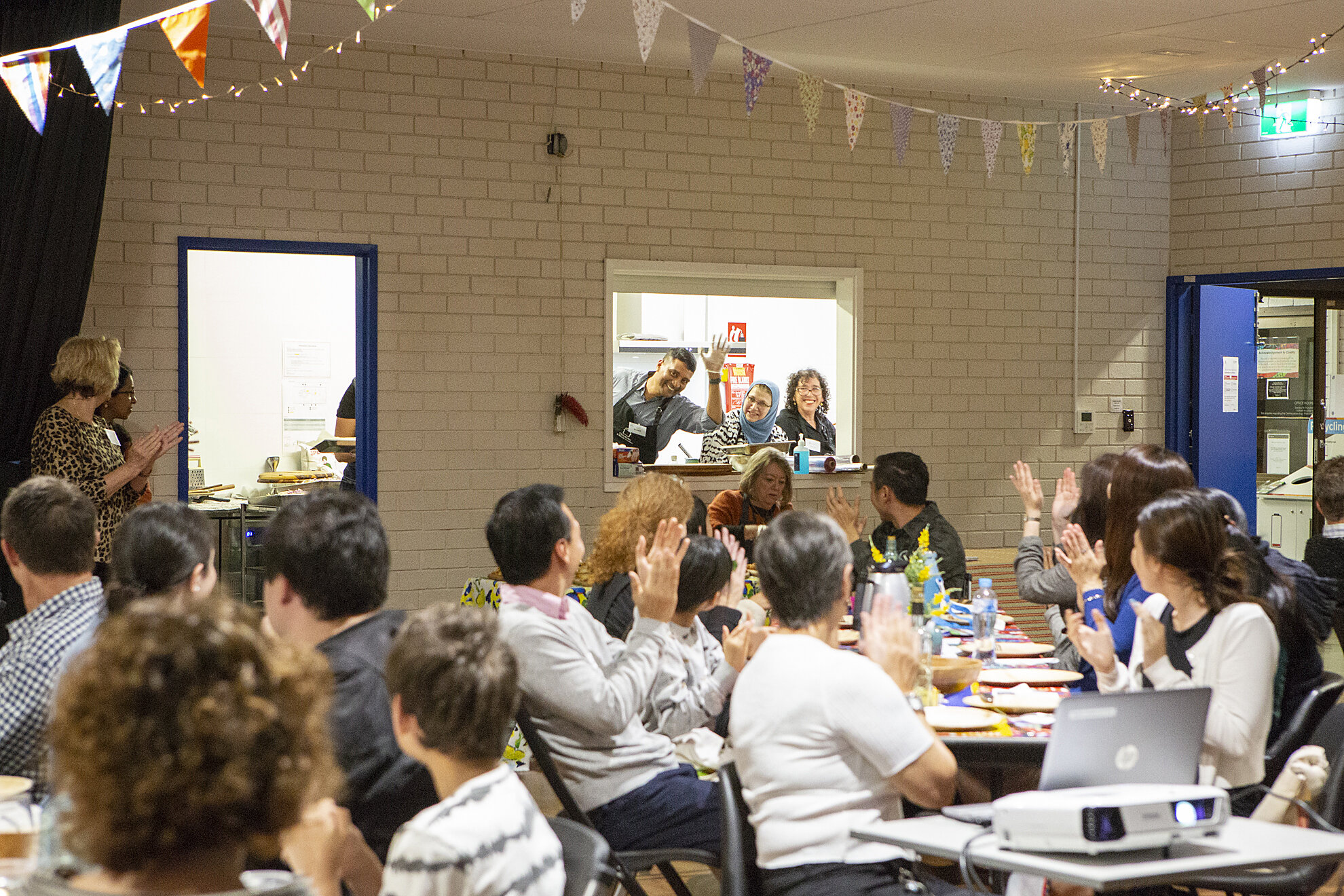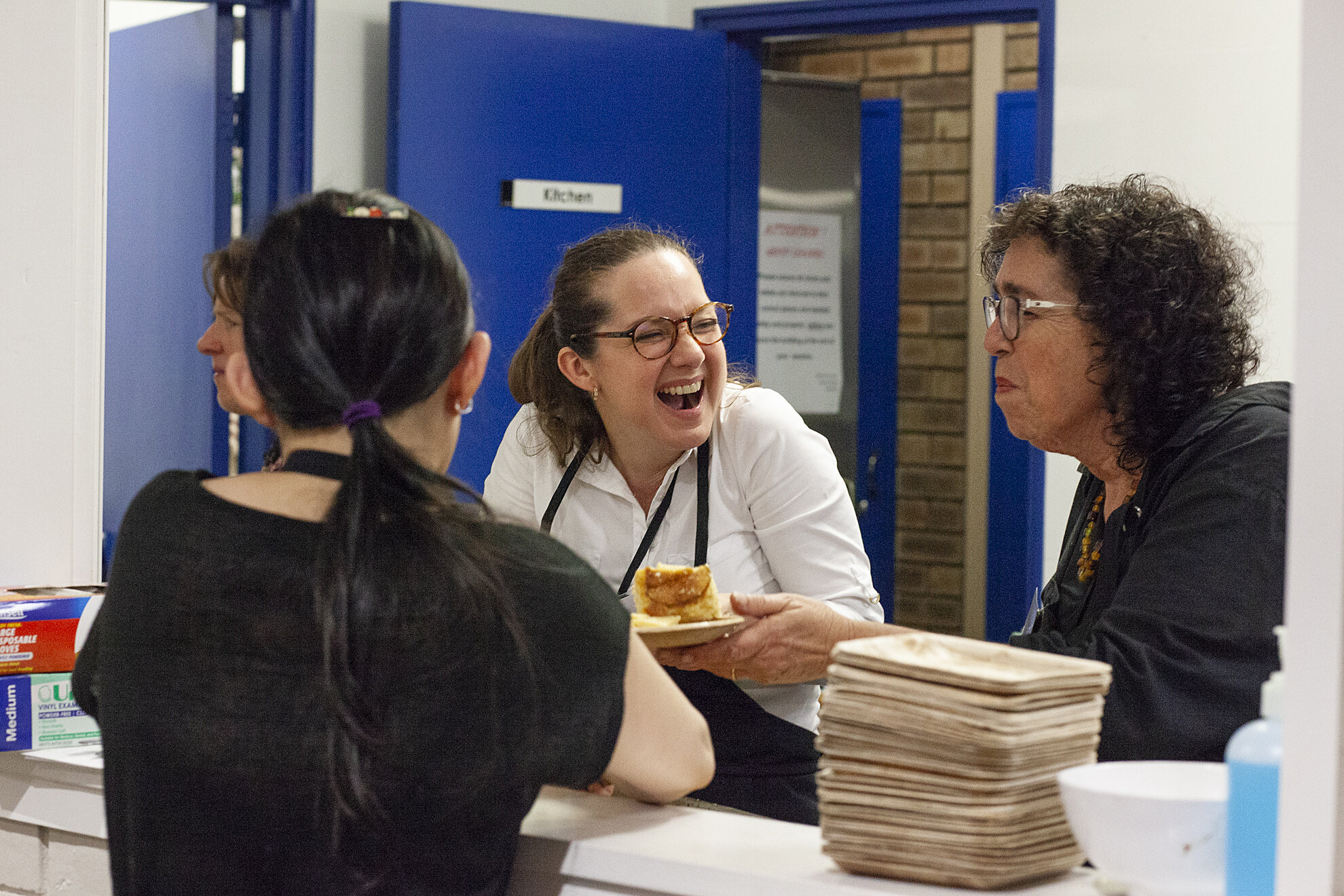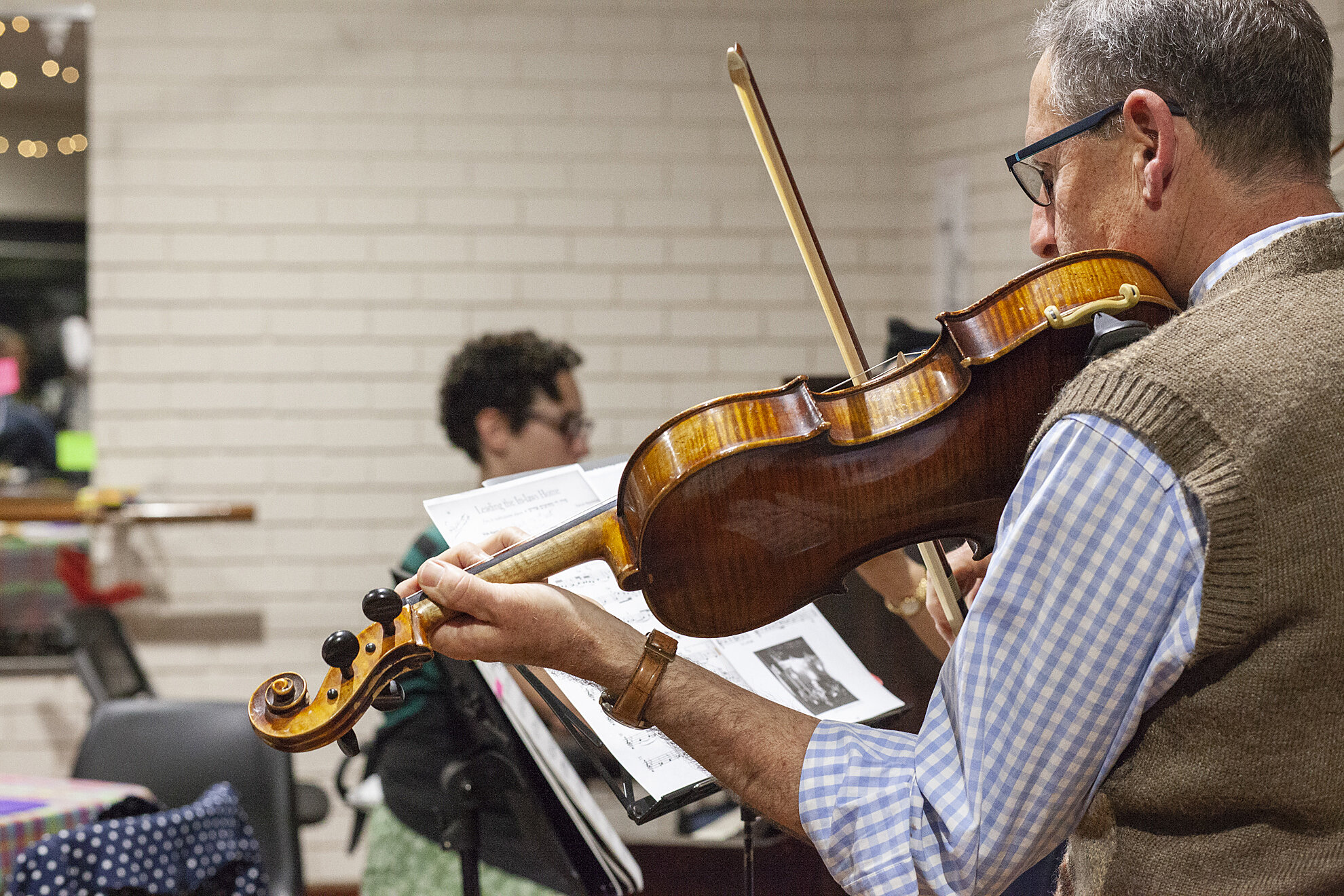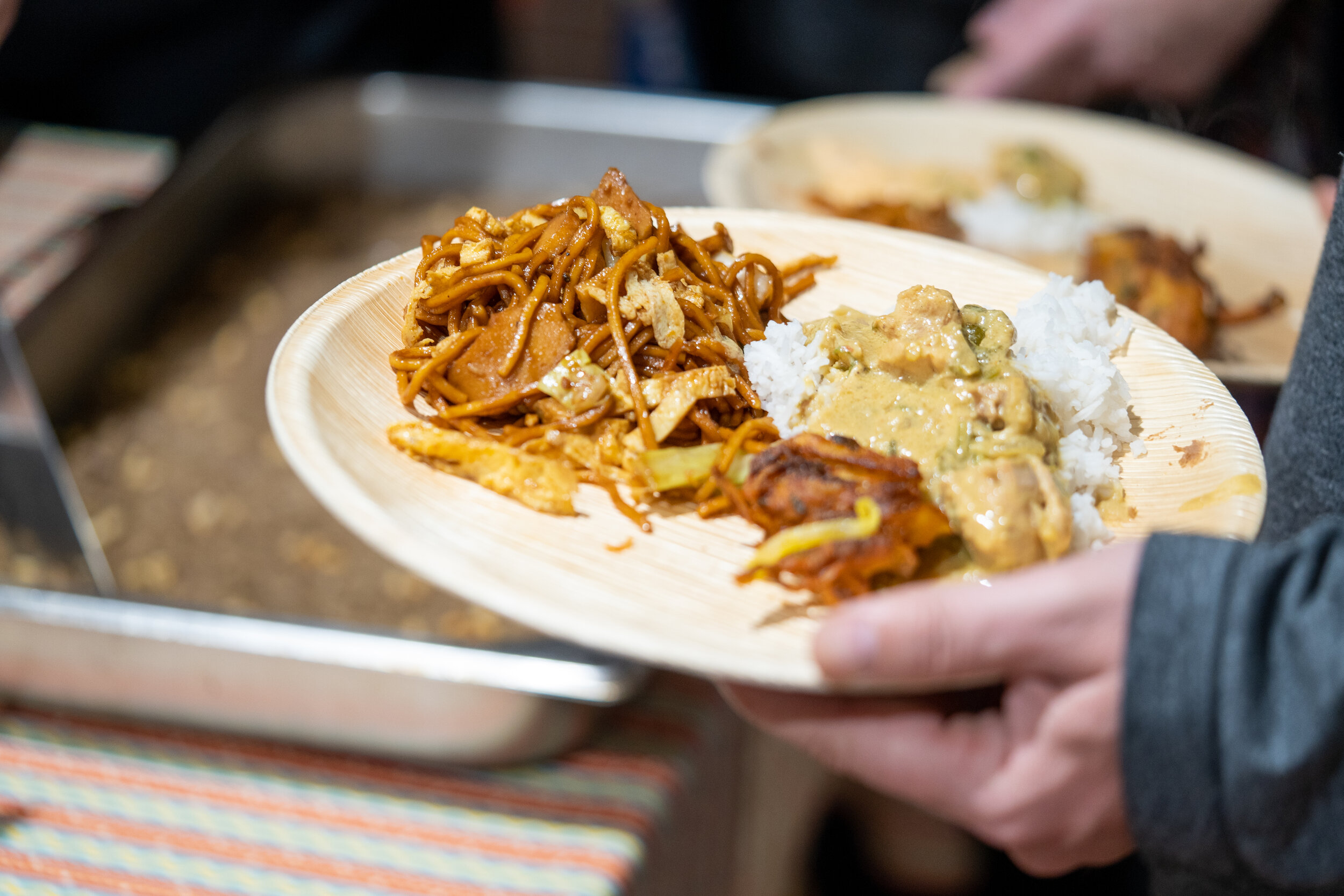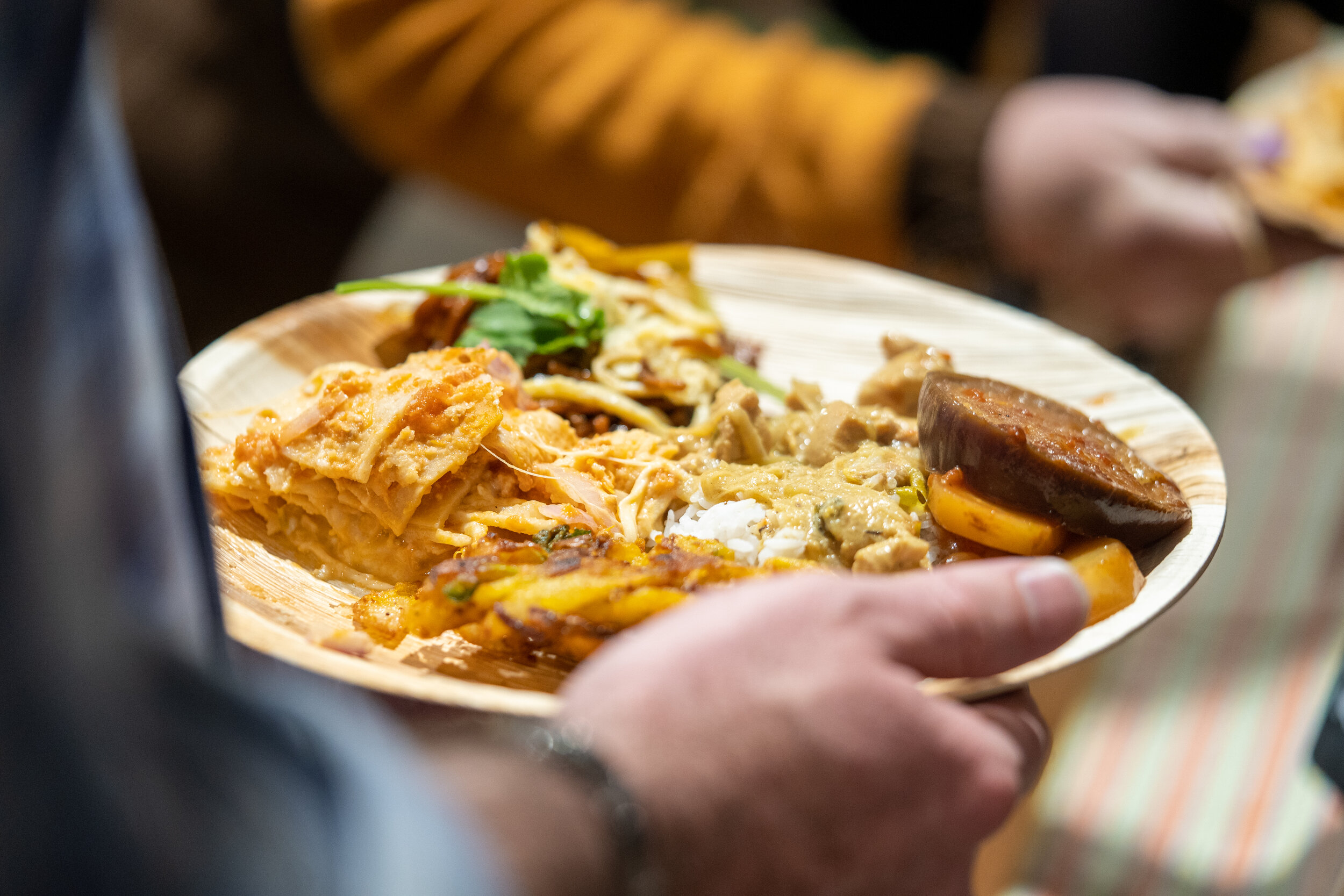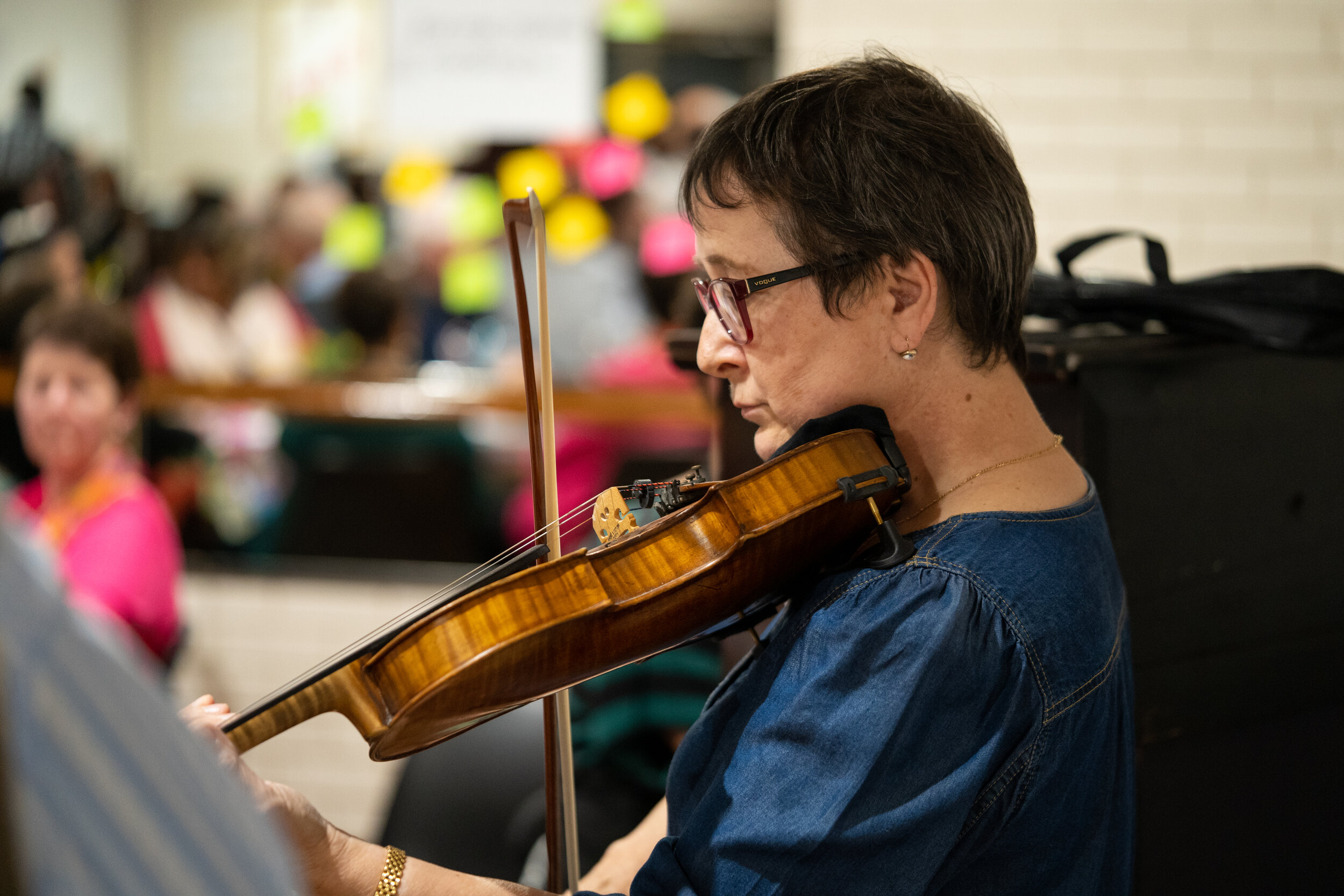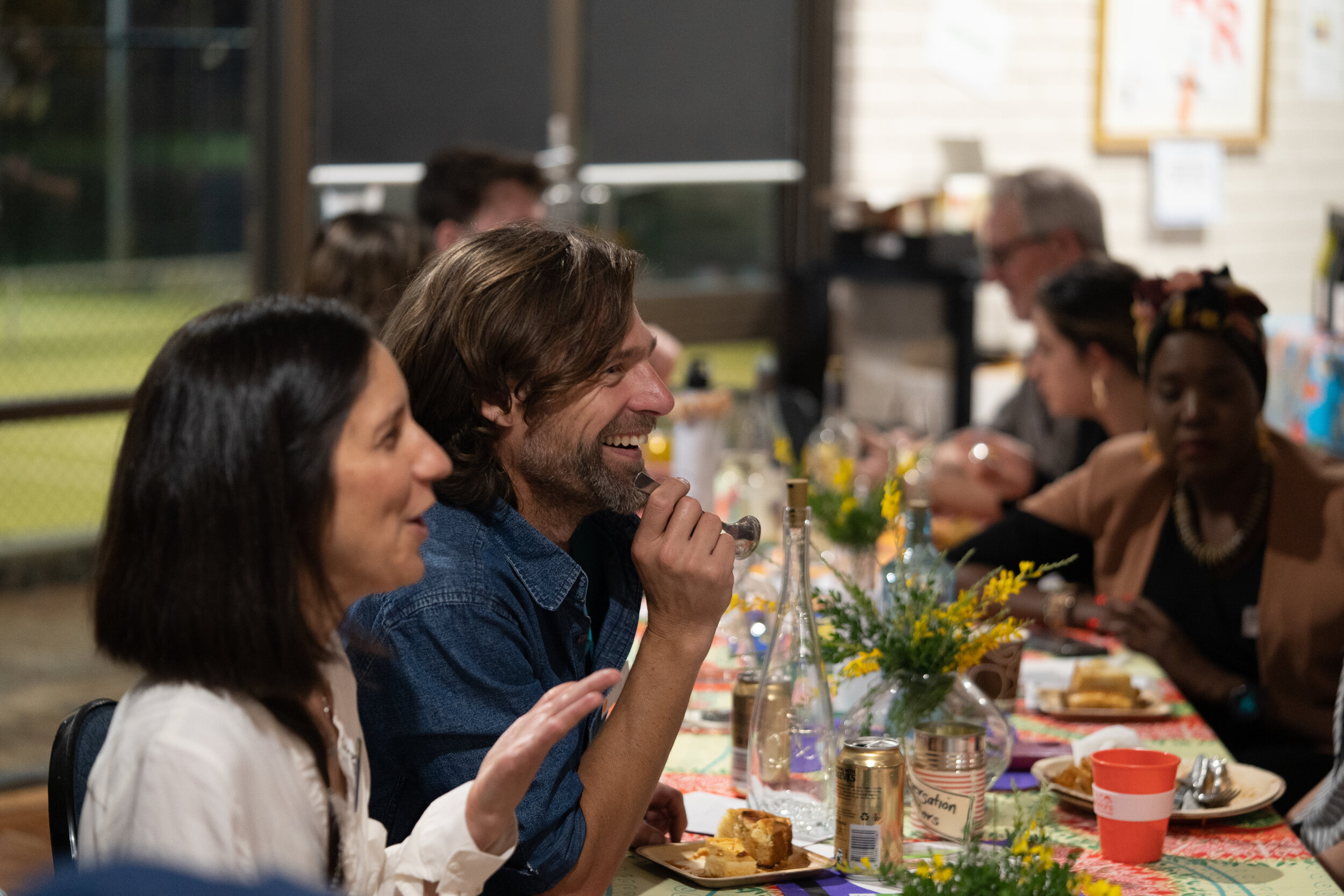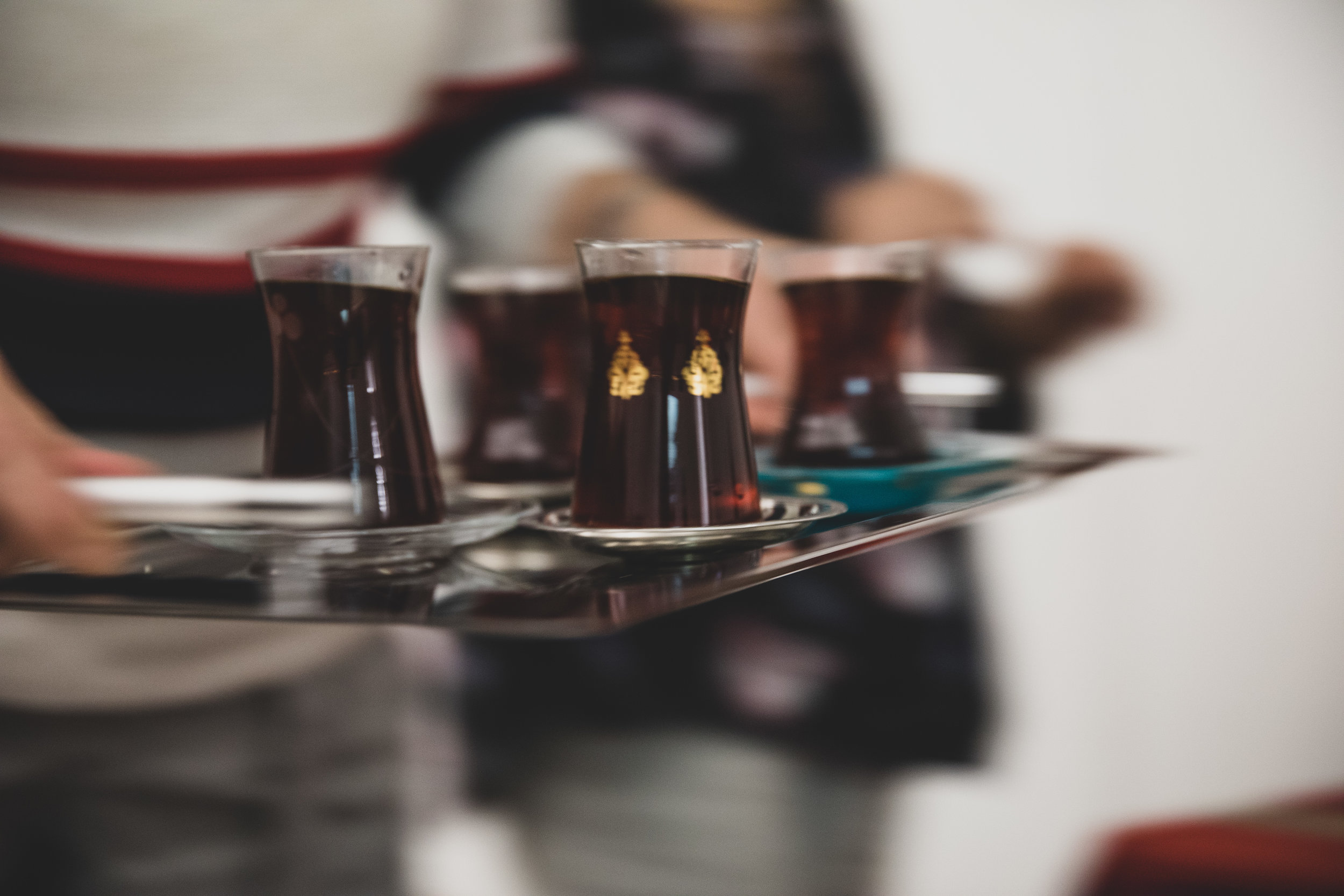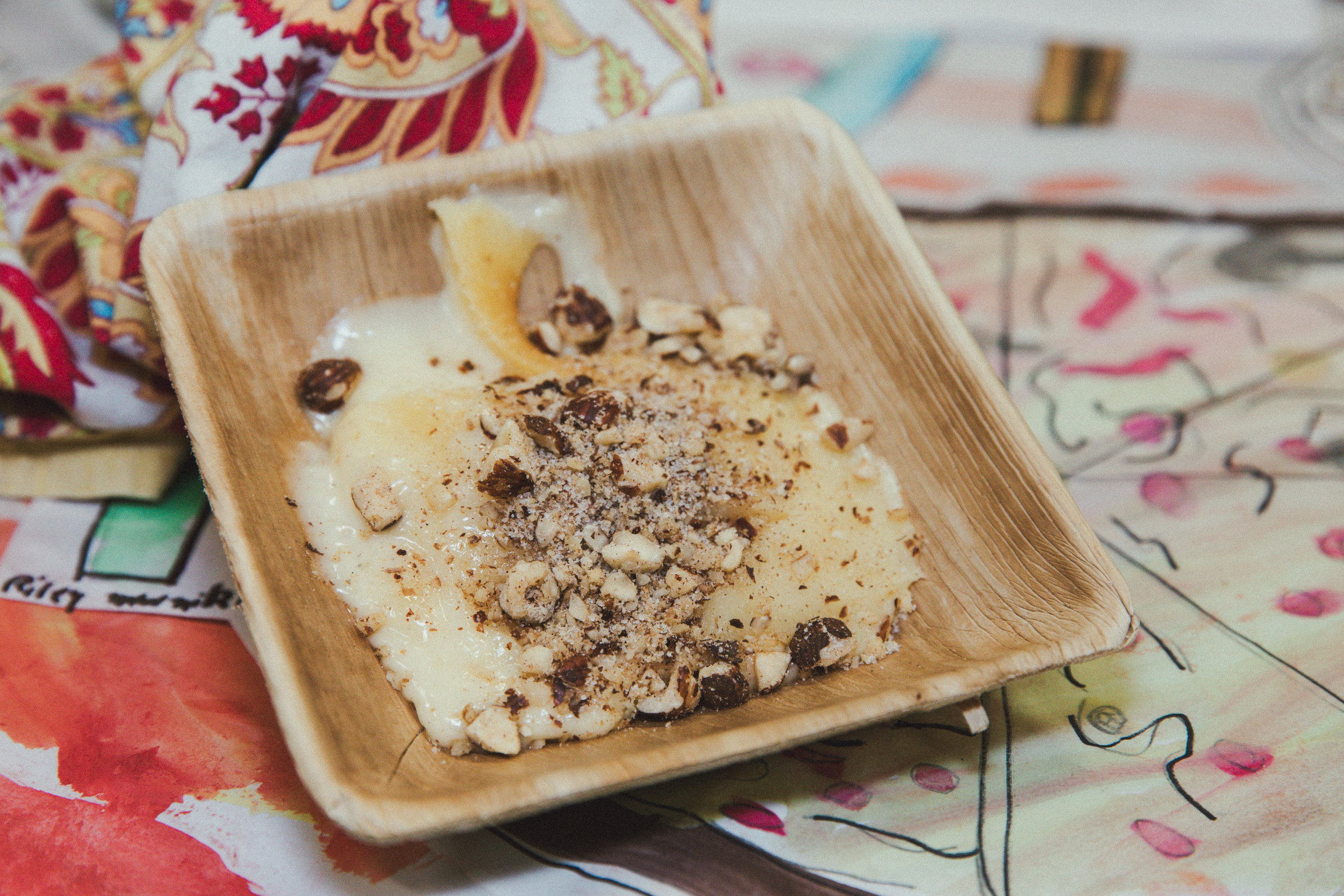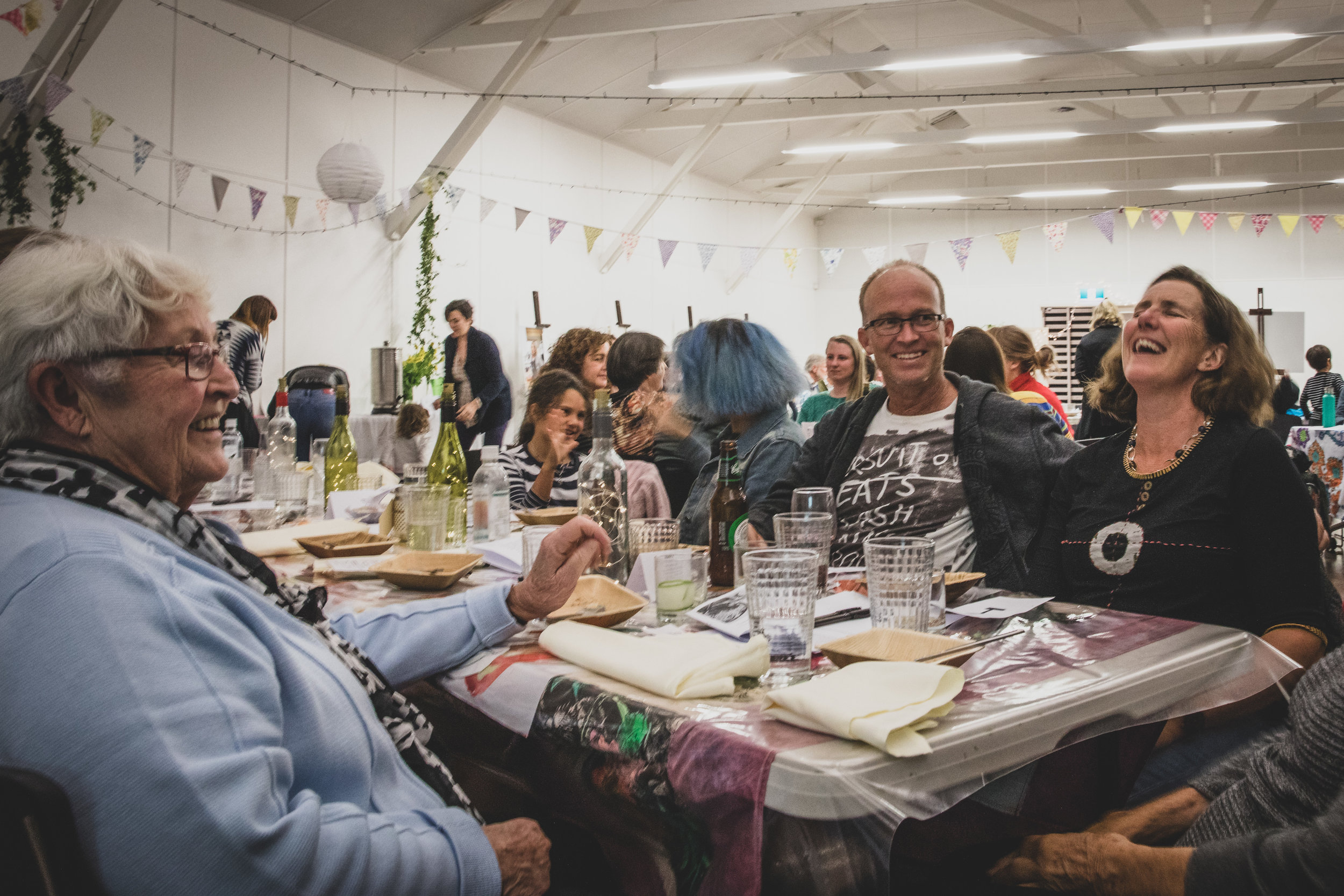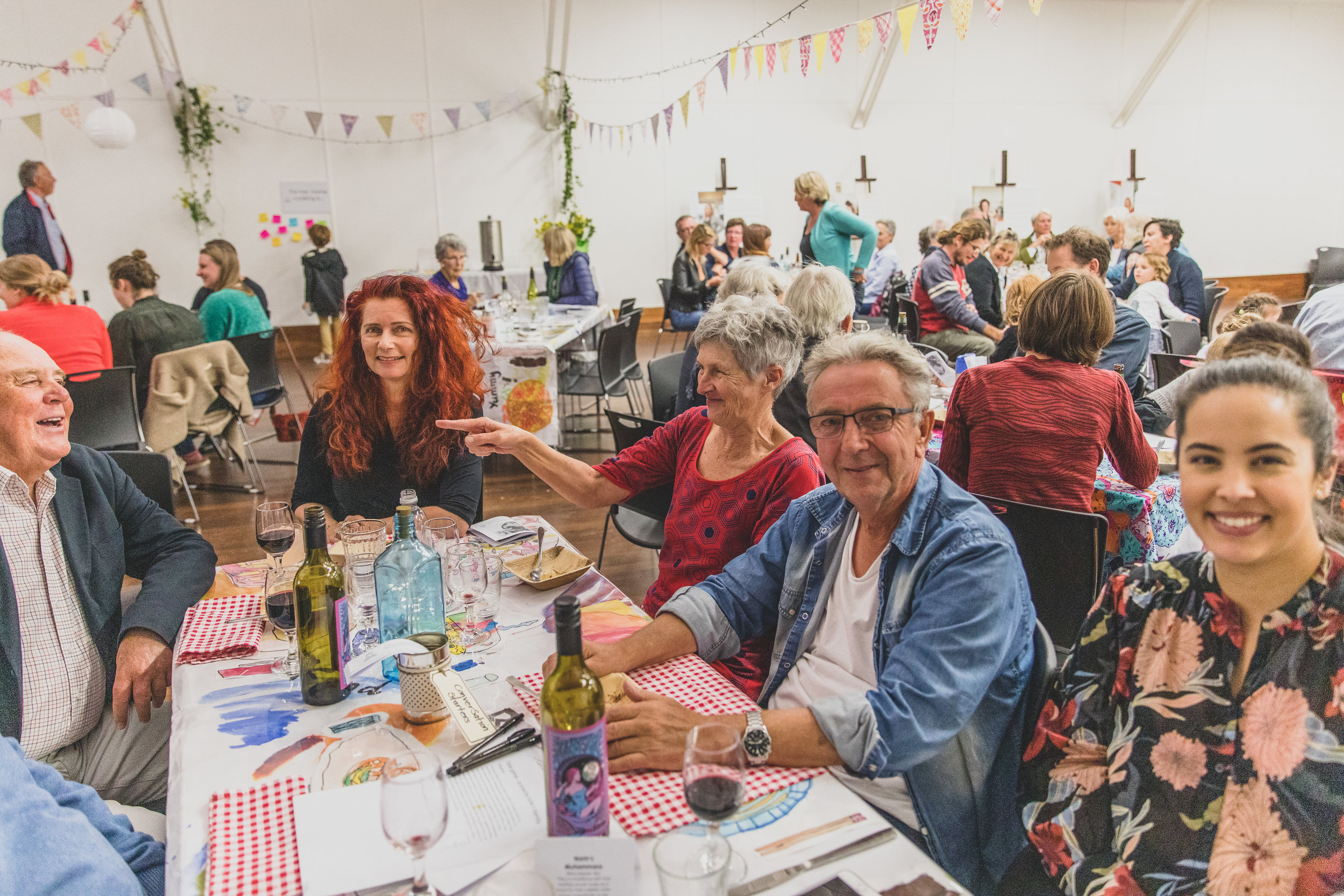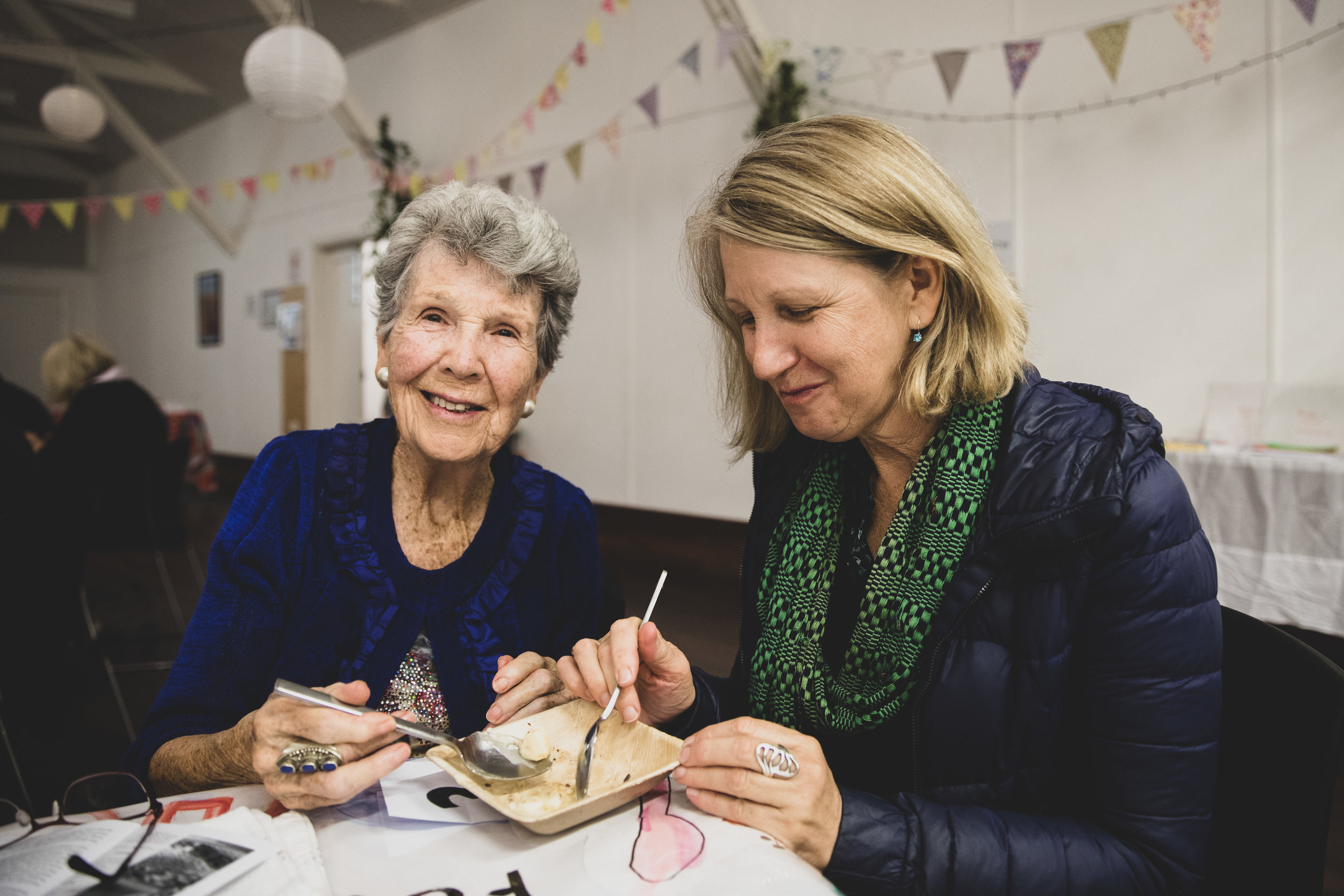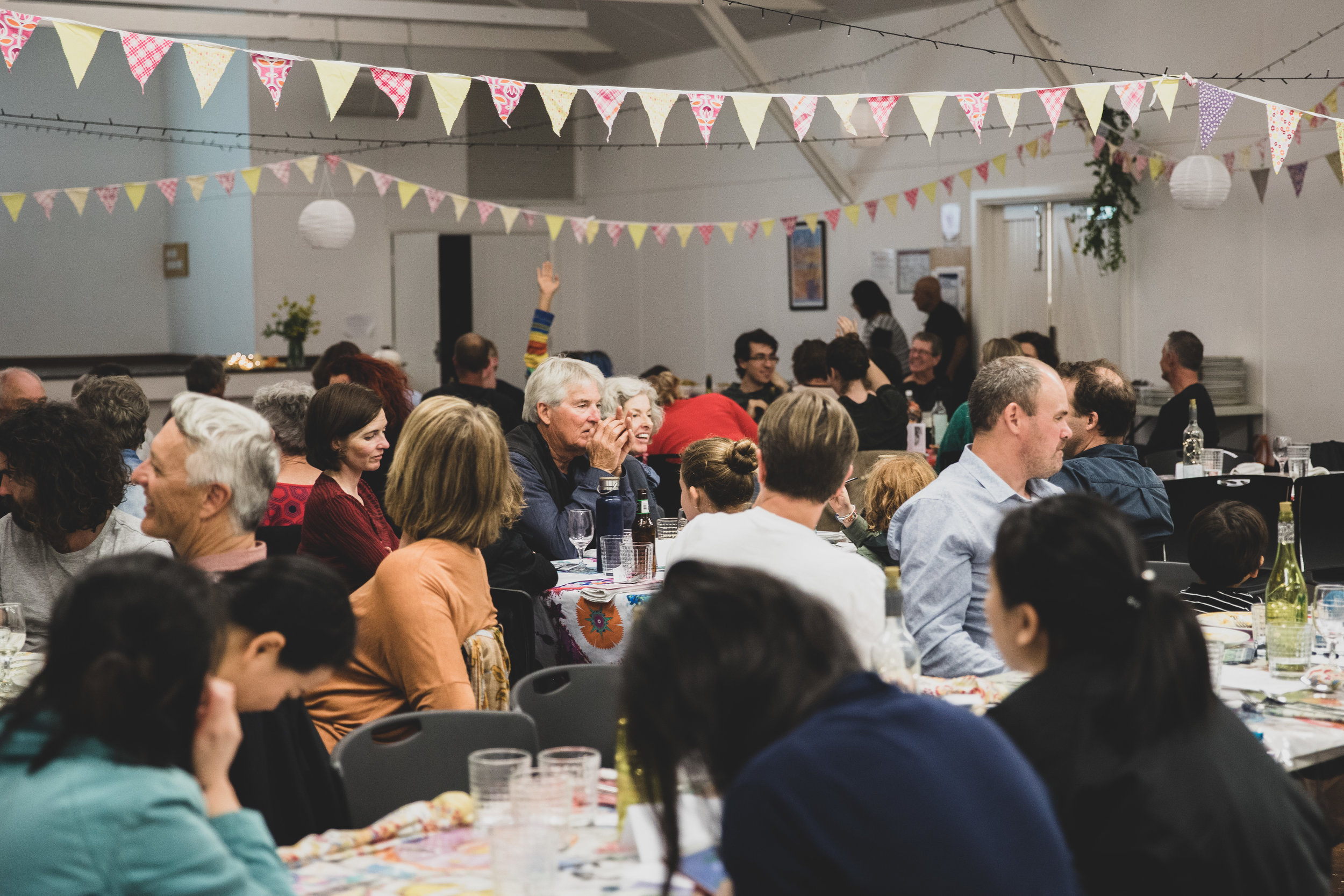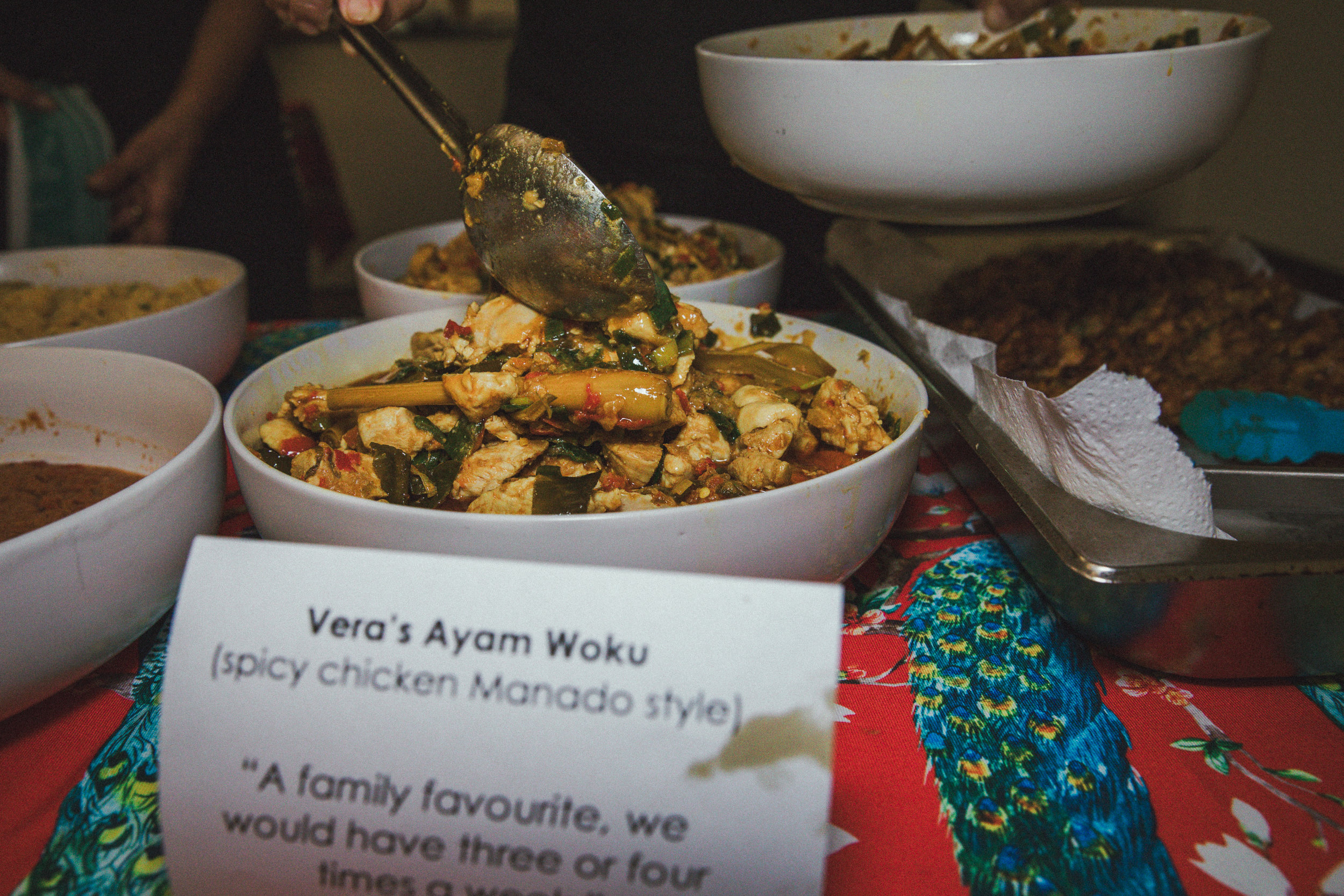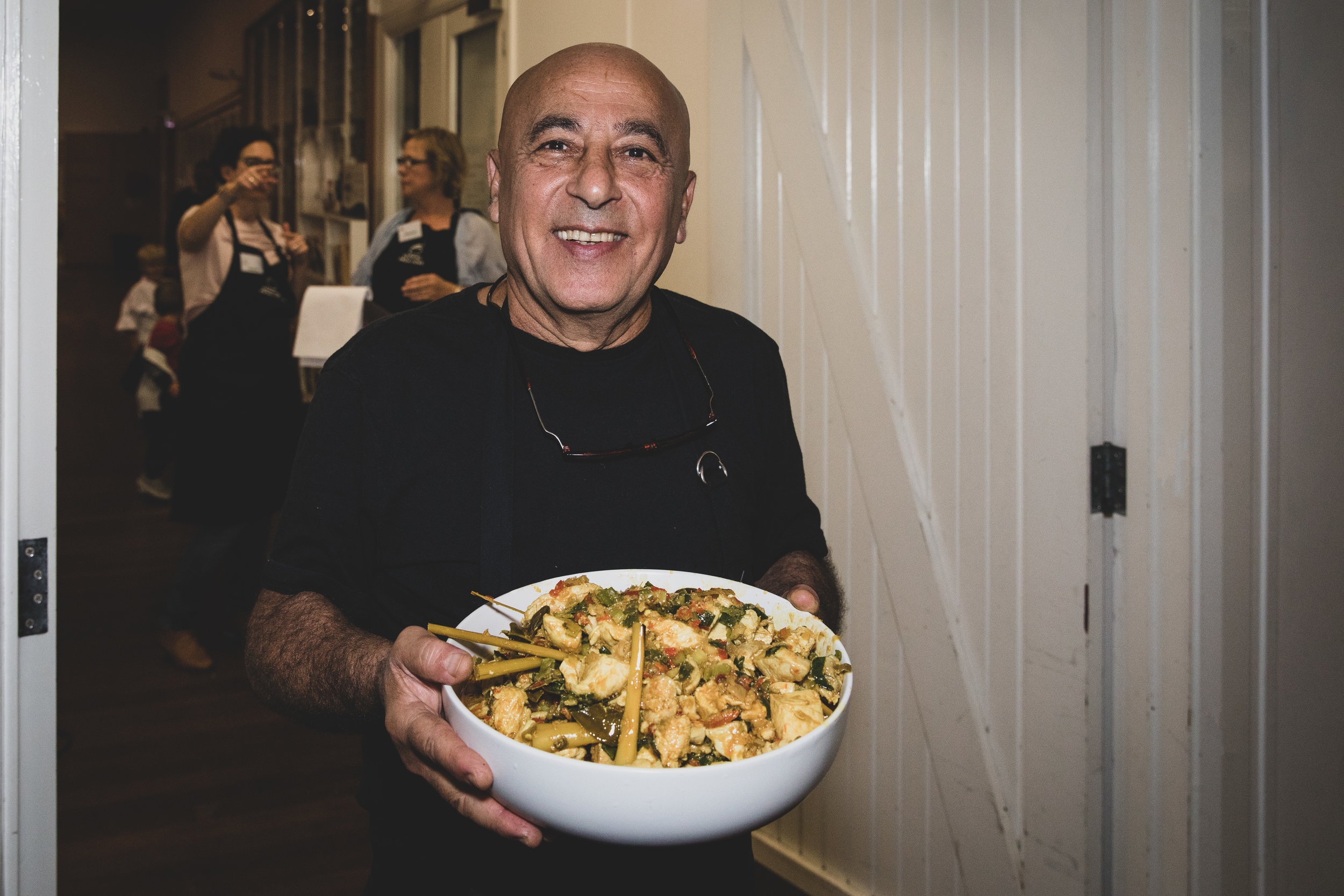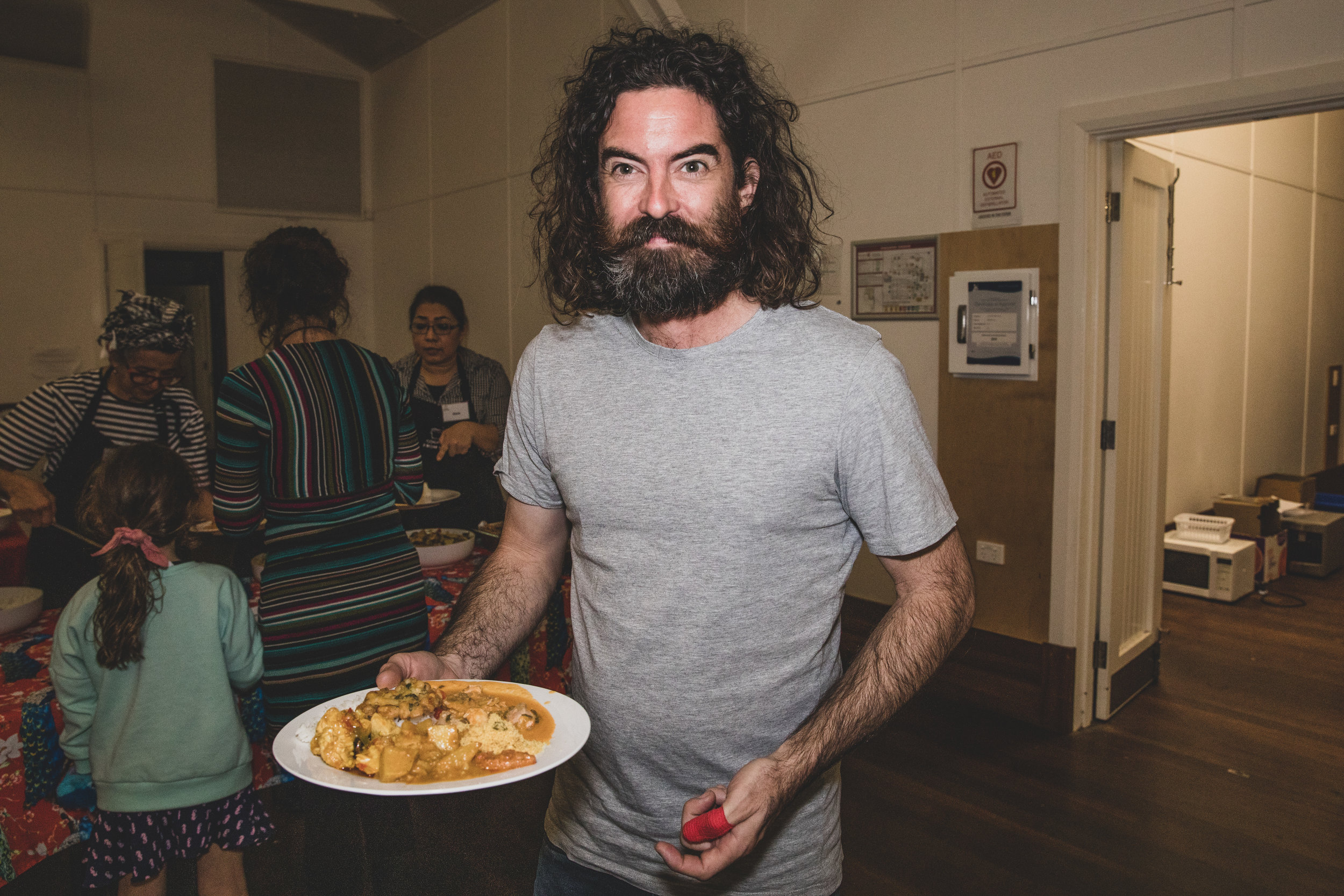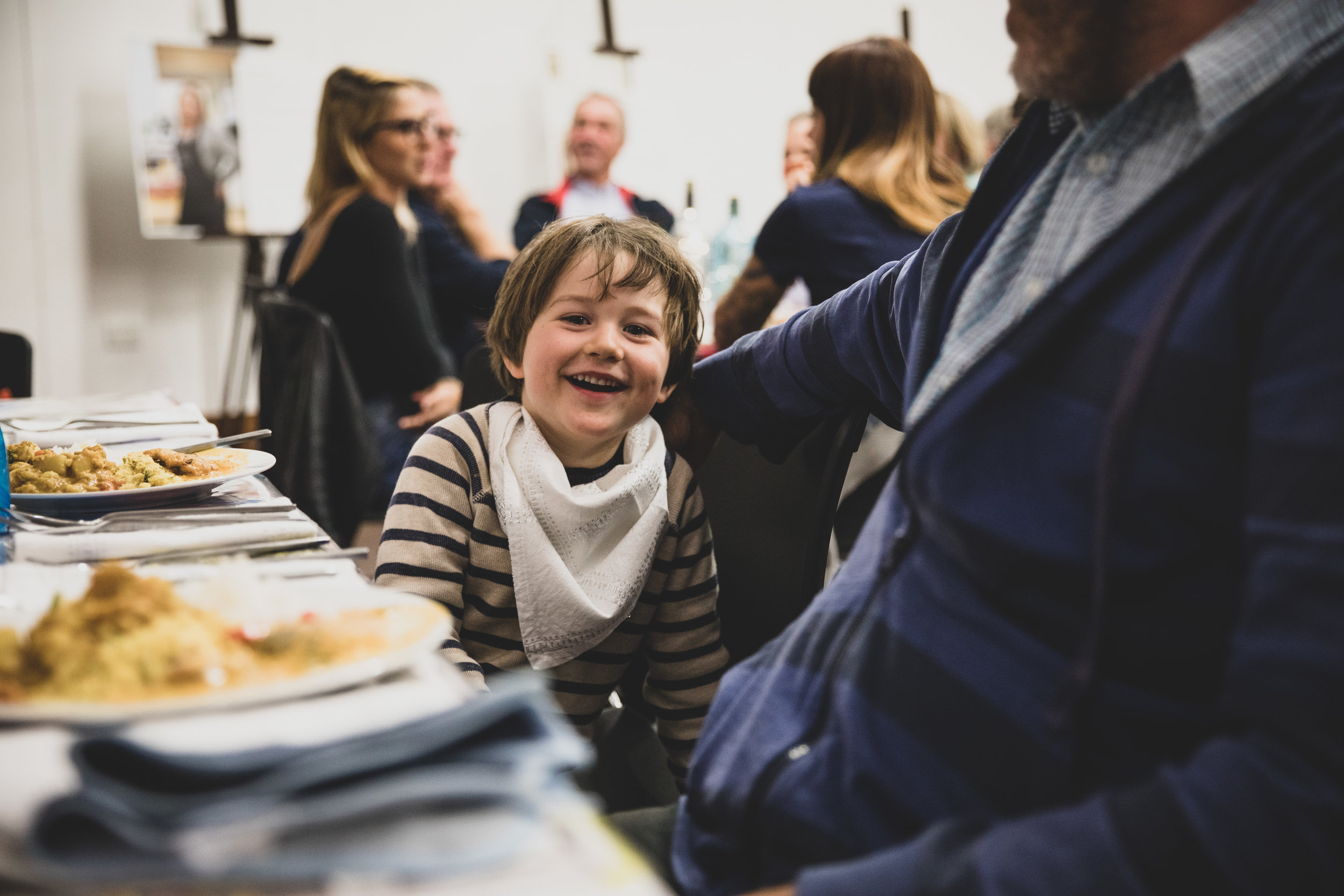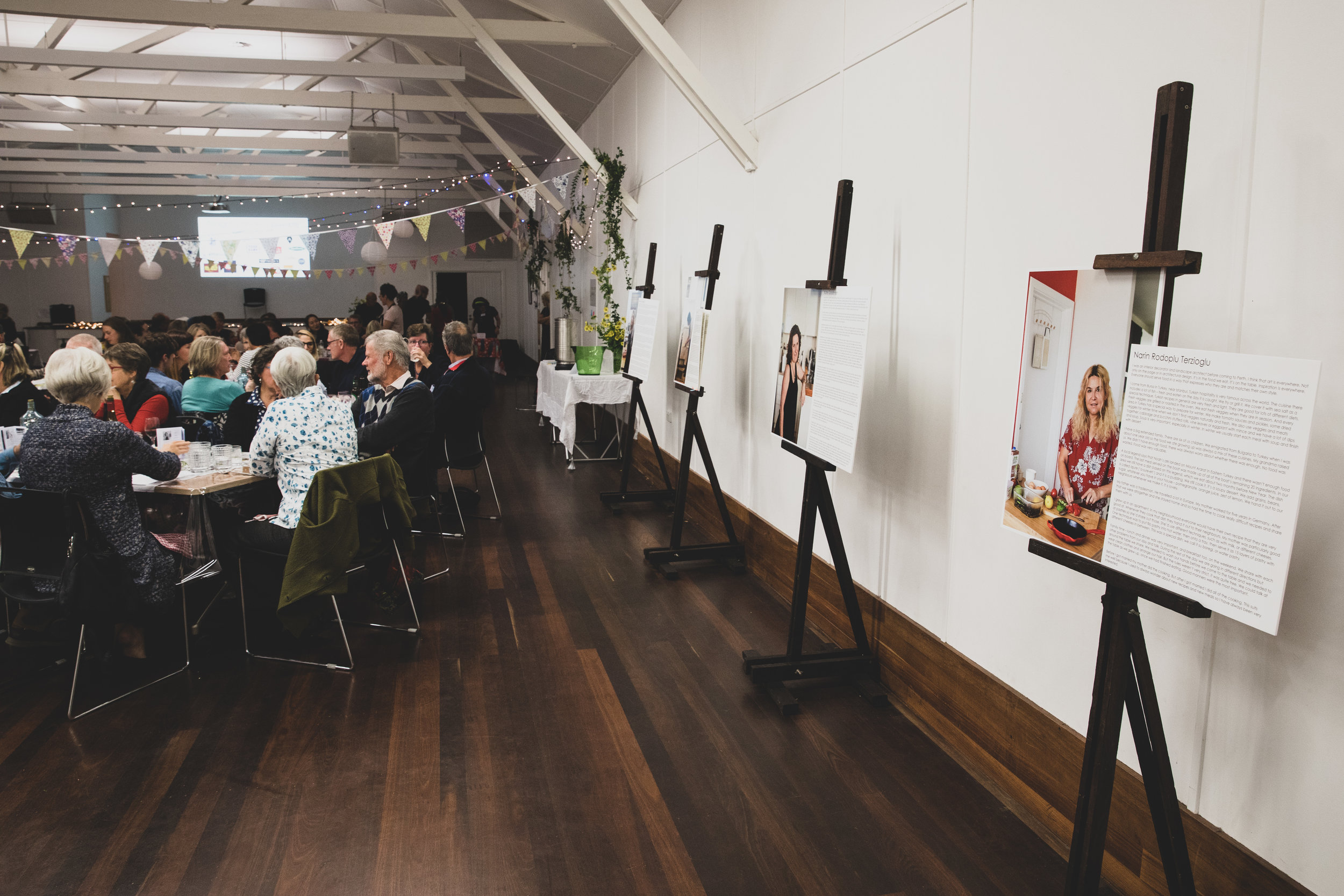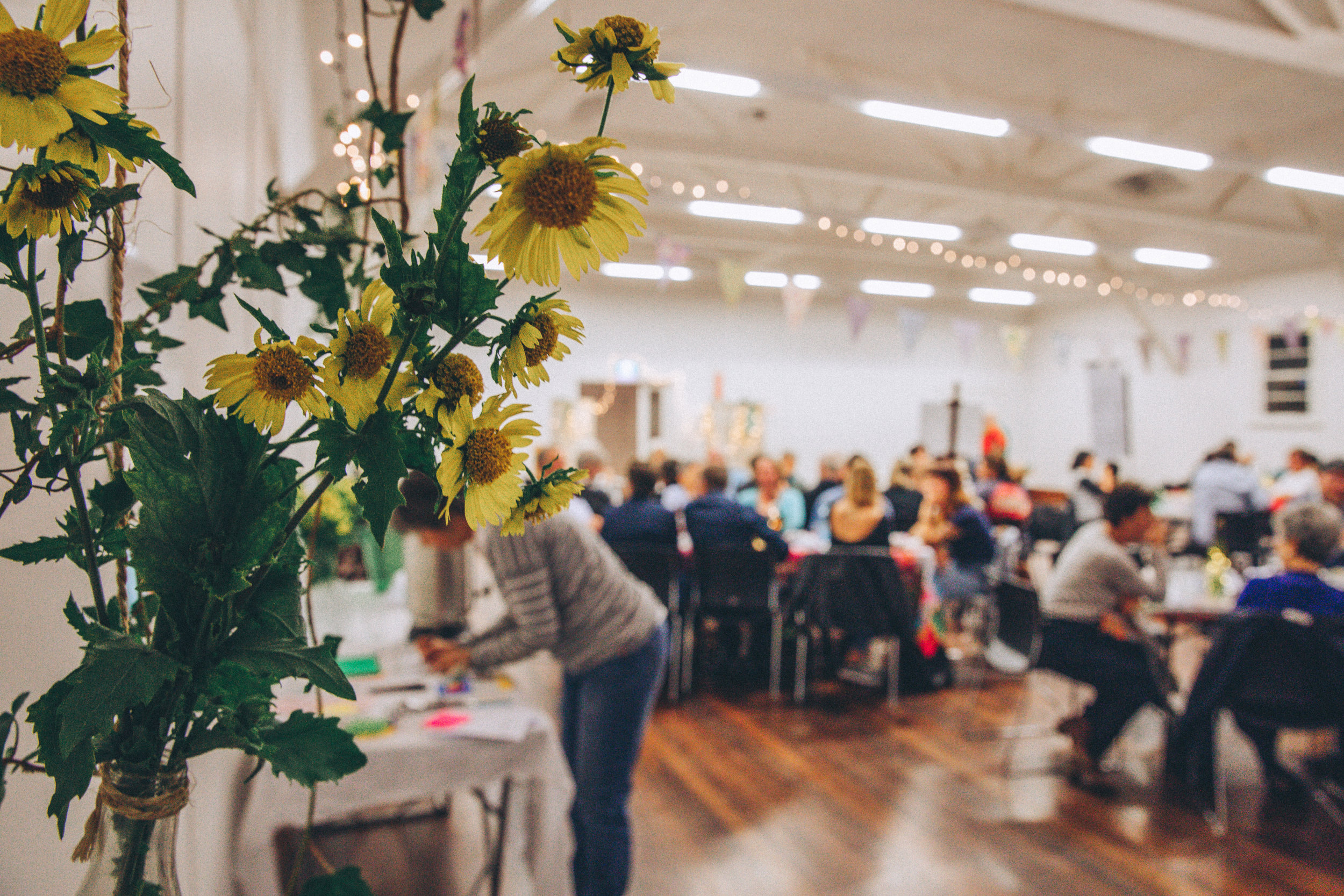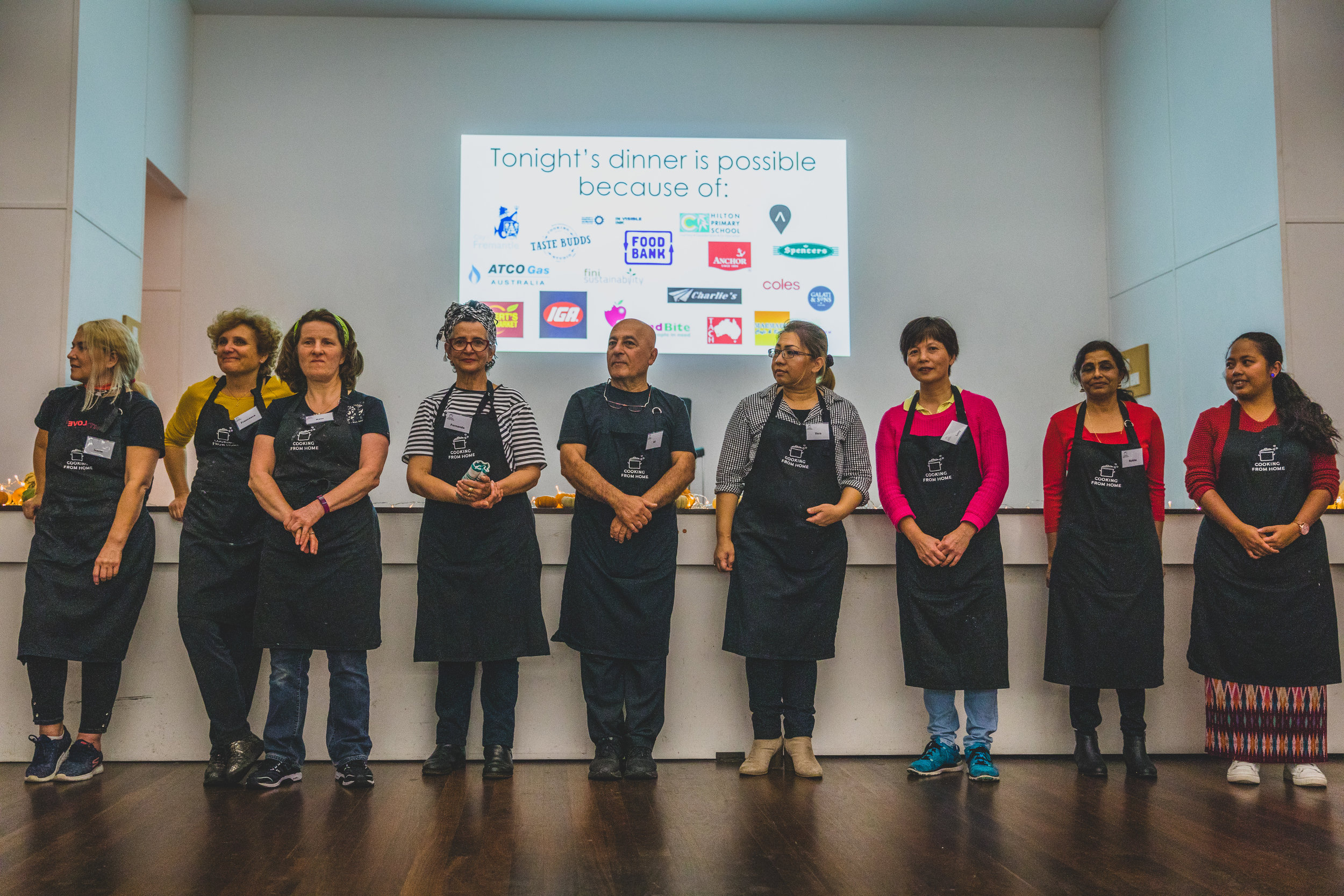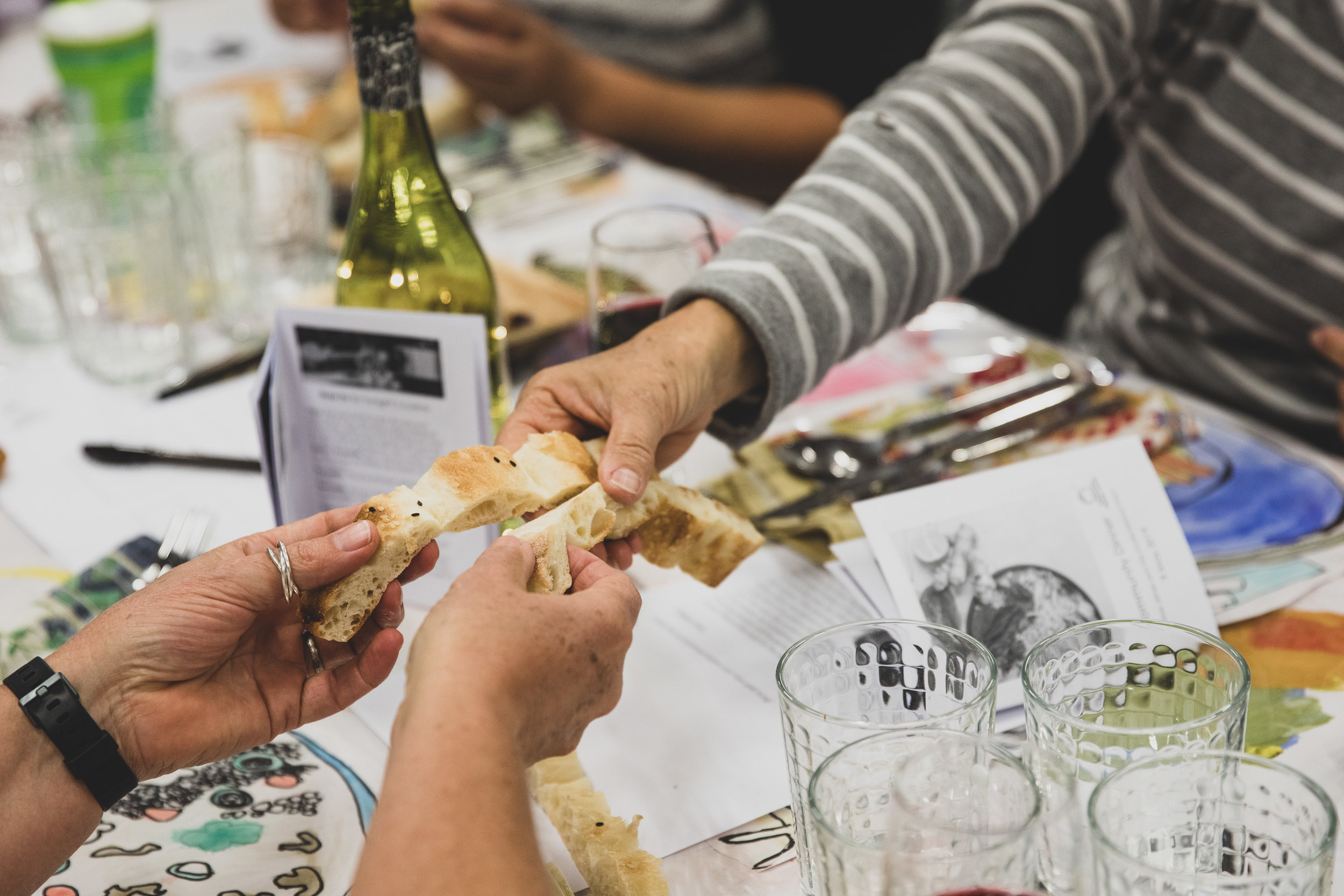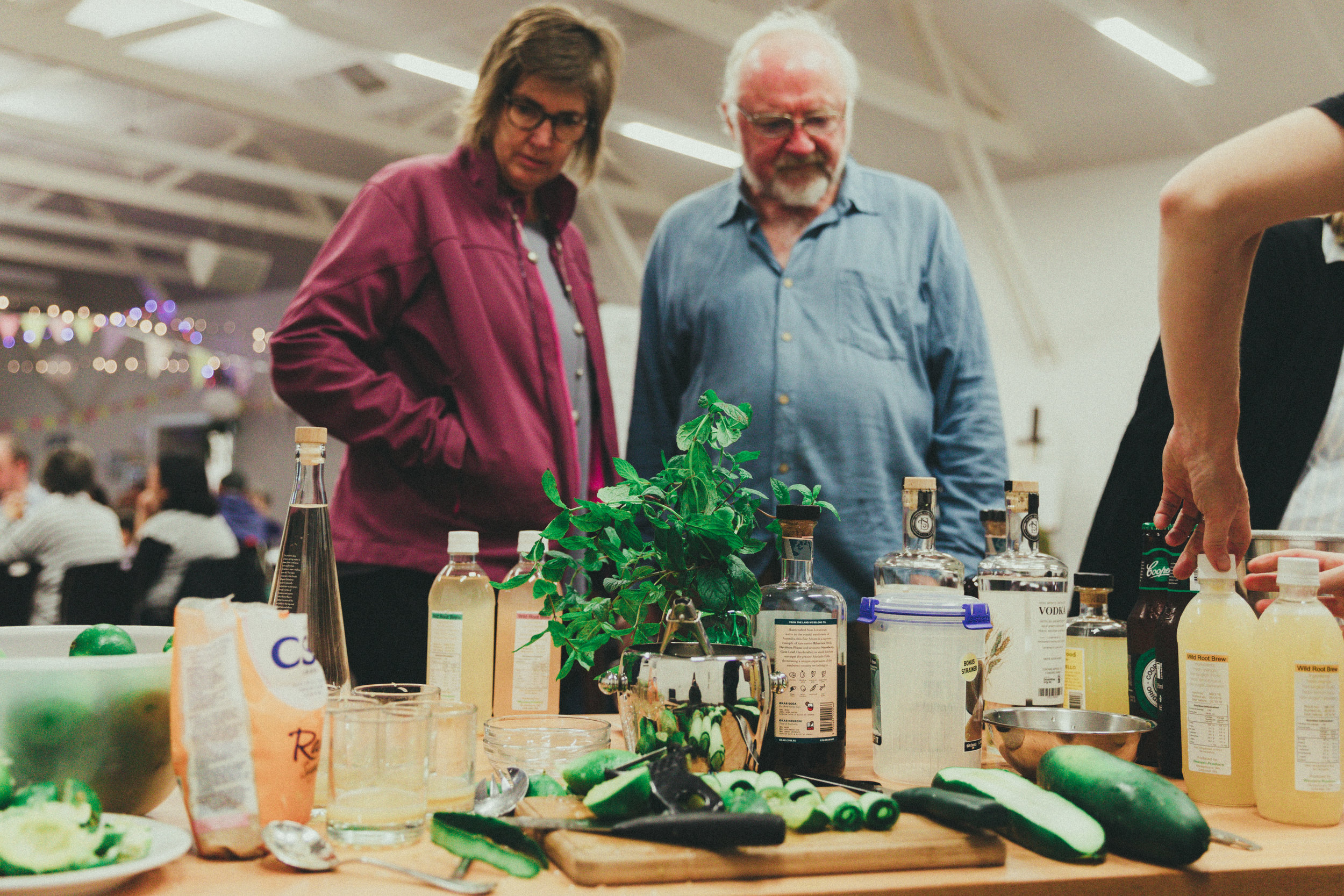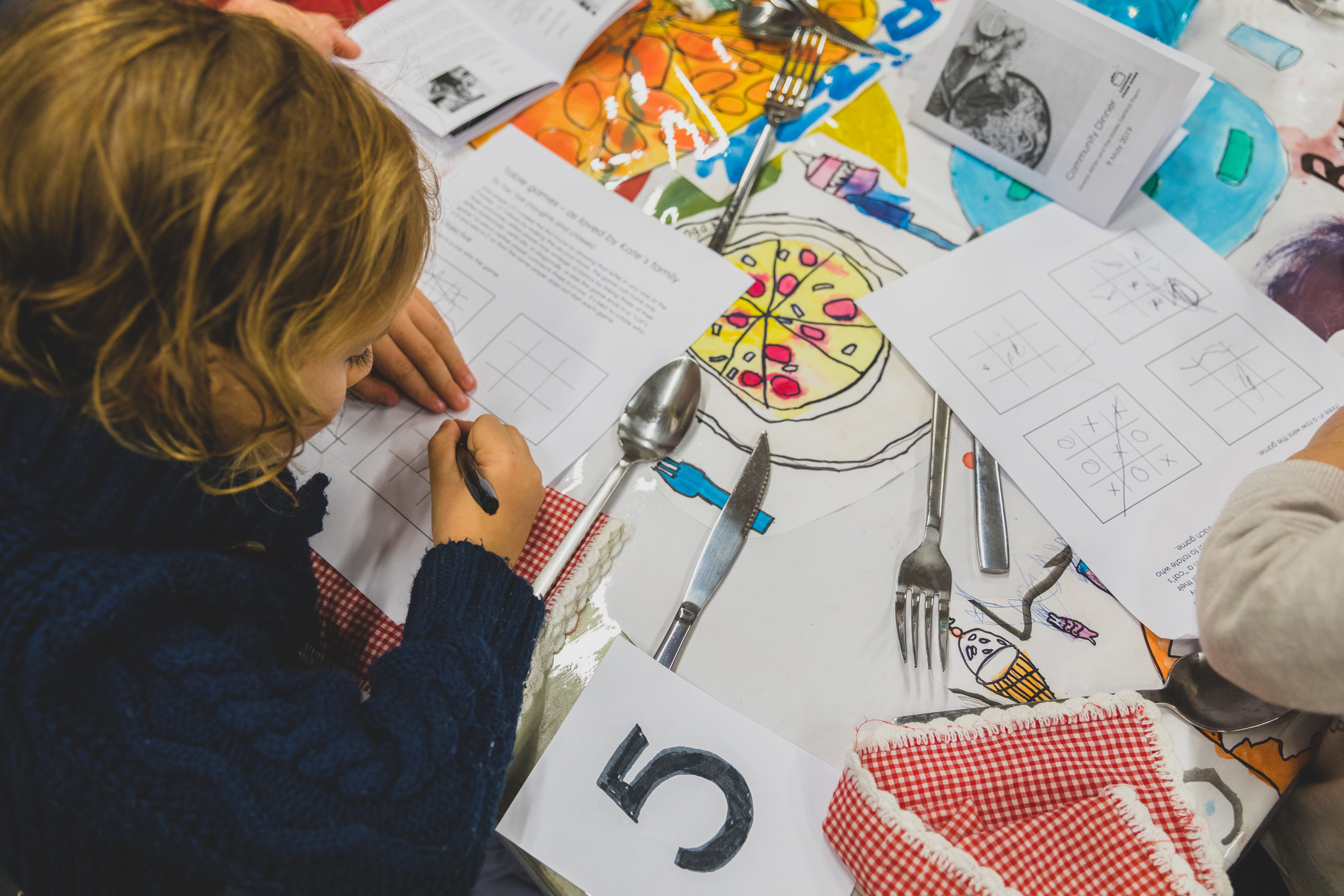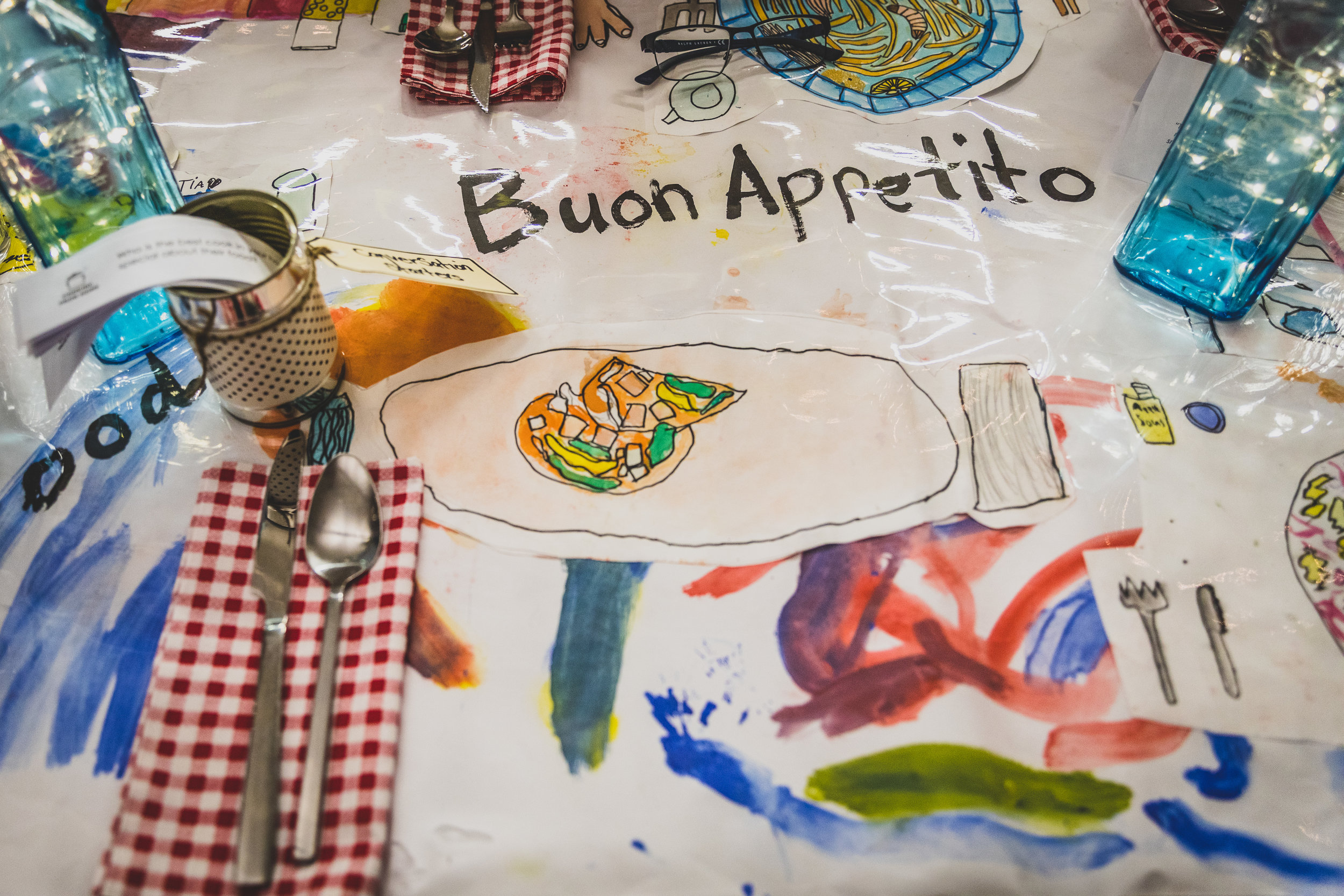Kate
I was born in Cardiff, Wales and lived there until I went to university aged 18. I’ve got two brothers and as the only daughter I often helped mum out in the kitchen, washing dishes and other odd jobs. We moved into Brooklyn Close when I was six. It was a new development on the edge of Rhiwbina and behind our house there was a stream, fields and horses. As a child I spent many hours playing outside on the street with the other kids living in the neighborhood, until mum would come outside and call out ‘it’s time to come home for tea!’
My dad owned a grocery store about 2km from home, and because he was building the business up, he invested a lot of time and money in the shop, and it felt like money was always tight at home. My mum was extremely frugal in the way that she spent money, kept things for a rainy day, and always used up leftovers. There was a sense of comfortableness but with a background of financial pressure.
Mealtimes were very much a family affair. We ate simply, all together as a family. Staples in our house were meat and two vegetables, often fish on Friday, a full roast dinner on a Sunday with apple pie and custard for dessert. Grandpa often came over for Sunday dinner and loved to tell us stories. Roast dinner was always chicken, lamb or beef; never pork as my dad refused to eat roast it after it had made him sick.
Breakfast was usually cereal, toast and marmalade. When we were at high school my mum would cook us bacon and eggs, sometimes black pudding as well and send us off to school with full bellies. My mum always set out the breakfast table the night before; plates, bowls, silverware, cereals, jam, and honey, all ready for the morning. Because he worked so close to home, my dad would come home for lunch. Mum often served soup, not homemade soup but tinned; Heinz or Campbell’s. I’d help mum with the cooking, but Campbell’s came as a concentrate so the help I provided was mixing the can of condensed soup with a can of water until it was smooth and then heating it up in a saucepan. And we always had dessert because, I guess, my dad had a sweet tooth. One of mum’s favourites was milk jelly (normal jelly but made with milk instead of water to be more nutritious). Another regular dessert was Angel Delight; a pudding mix that comes dried in a packet in a variety of flavours like strawberry, chocolate and butterscotch. You just empty the packet in to a bowl, mix it with milk and leave it to set for about 15 minutes. Not really cooking at all!
We always ate together. It was a very significant part of our life. Even though dad would work late, when he came home we’d come back to the table to sit and have tea and cake with him. We always ate in the dining room; a room separate to the kitchen. It had a round table. My dad liked to listen to the news on Radio 4 or The Archers. There wasn’t a great deal of conversation at the table because we were listening. We definitely talked, but my father was often very tired at the end of the working day and sometimes he shut the conversation down: ‘We’re not going to talk about that anymore’.
The evening meal was traditionally bread and different spreads like jam, honey and fish paste, a cheese board, a bowl of fruit, cake and a pot of tea. My parents always drank their tea from special cups and saucers that had been a wedding present (Wedgewood Iced Rose). There would always be cake; my mum was a great cake baker and I have fond memories of her running the Kenwood food mixer, putting the sugar and margarine in and whipping it until it was super, super light to make cake like Victoria Sandwich (two layers of sponge with jam, butter cream and icing sugar).
When we visited granny, she often made Welsh cakes. These are griddle cakes made with dried fruit and baked on a bake stone and dusted with sugar. Alternatively, we might have bara brith, a very dense sweet fruit loaf, sliced and spread with butter.
My mum always plated meals in the kitchen – serving up just the right amount of meat and potato and veg. It was probably a reflection of her frugal mind set. Dad usually got the best piece of meat and mum probably gave herself the smallest, fattiest pieces. Gravy was served in a jug to put on your own meal, together with extra condiments like mustard and bread sauce.
Looking back, I didn’t learn to cook while I was living at home. When I left home my mum gave me my first cookery book, Delia Smith’s Complete Cookery Course. I have used the book for more than 35 years, the cover is tatty, there are many book marks, food stains and cooks’ notes. When I was first married, I went to cordon bleu cooking classes and I used to test out all of my new recipes on my husband; cheese soufflé, haddock mousse, saltimbocca romana, zabaglione. There were successes and failures.
A few years after coming to Australia, I became a single parent raising three children. To cope I had to put more structure into my cooking. I decided to teach my children to cook. I felt that it was an important life skill and that it would take the pressure off me. Every Sunday night one of the children was nominated as dinner chef and they took turns to choose what to make. We’d spend beautiful quality time in the kitchen, learning to cook, making a mess and then all eating together.
By the time my children left home I was confident that they all knew how to cook and could look after themselves. We all still love that family time, eating together and sharing food.


